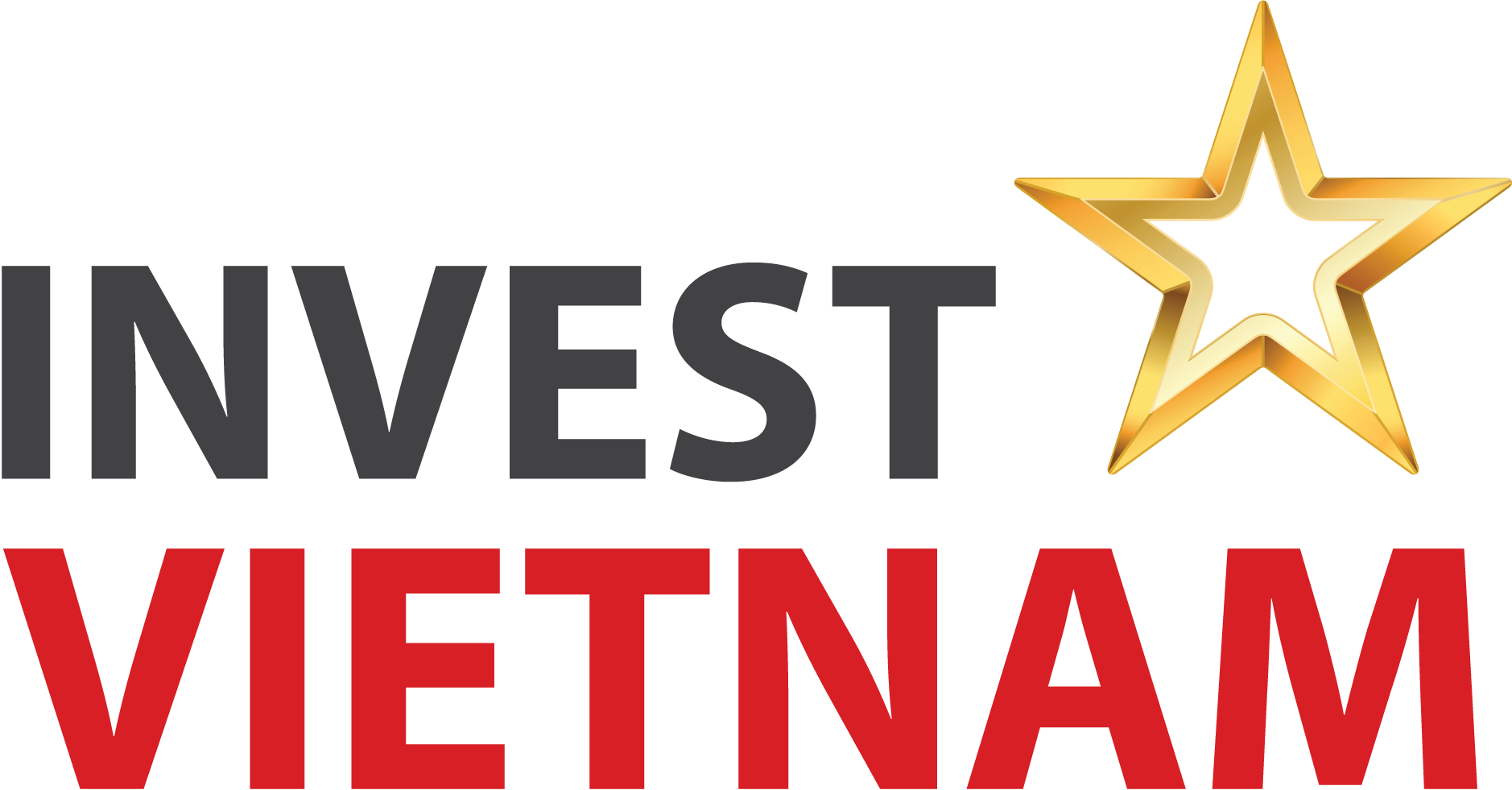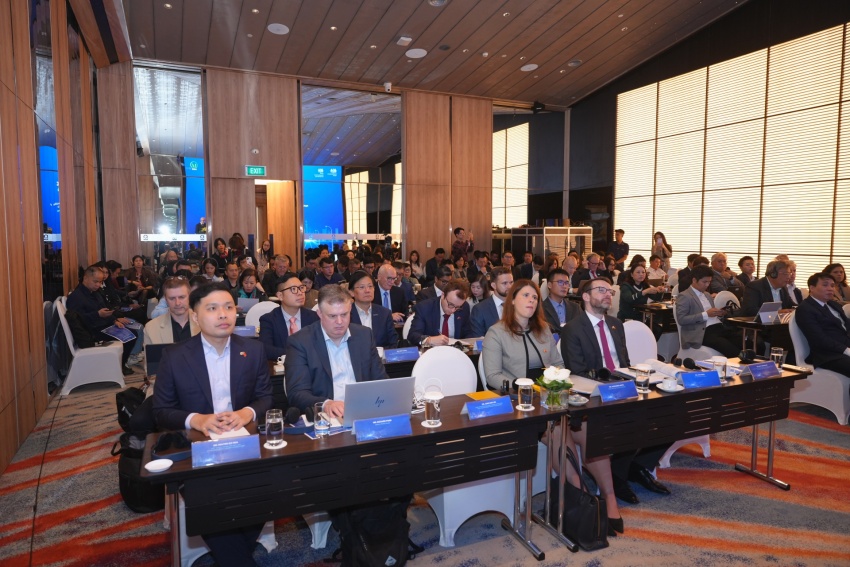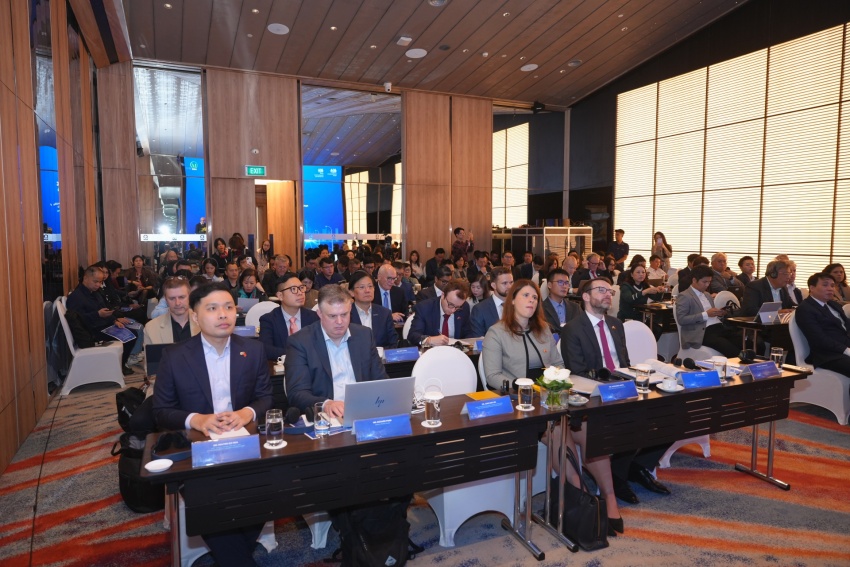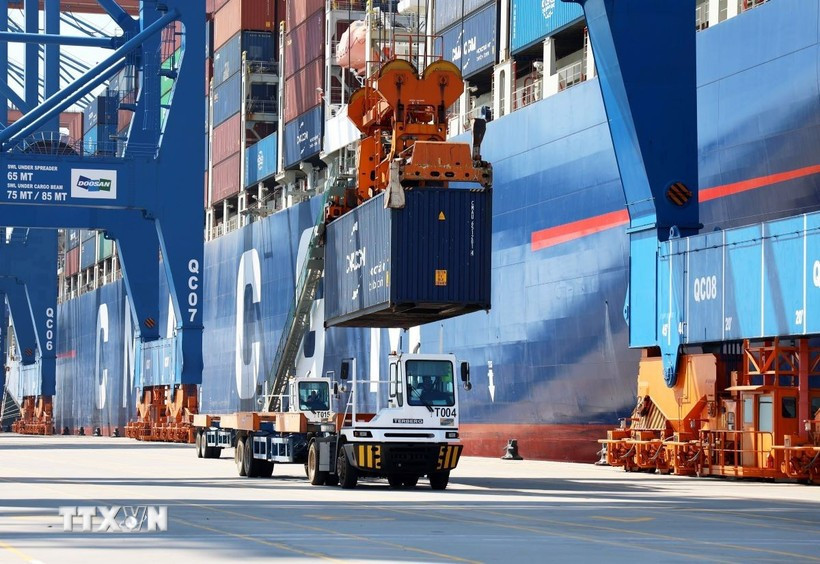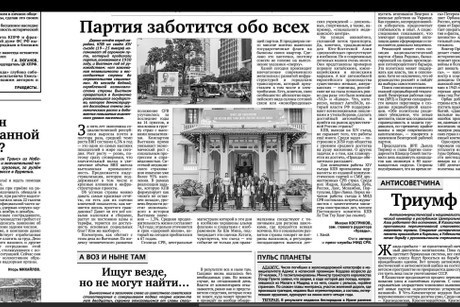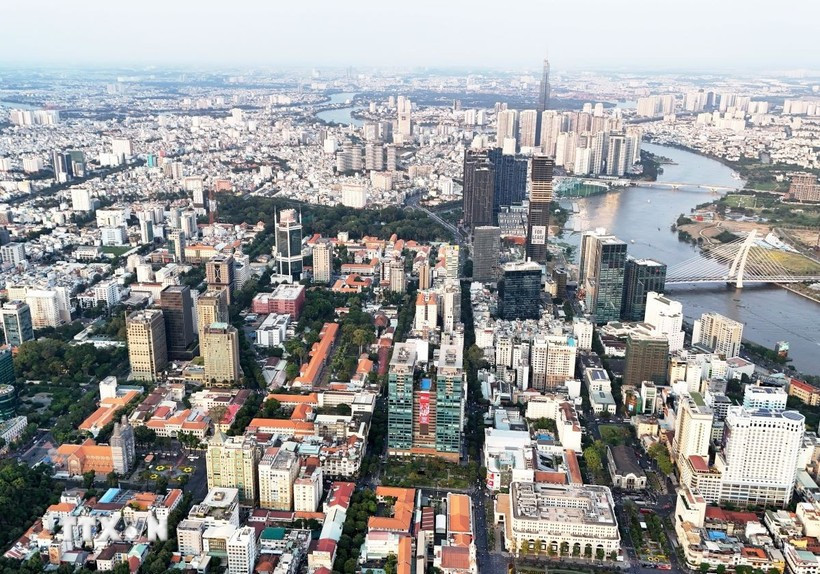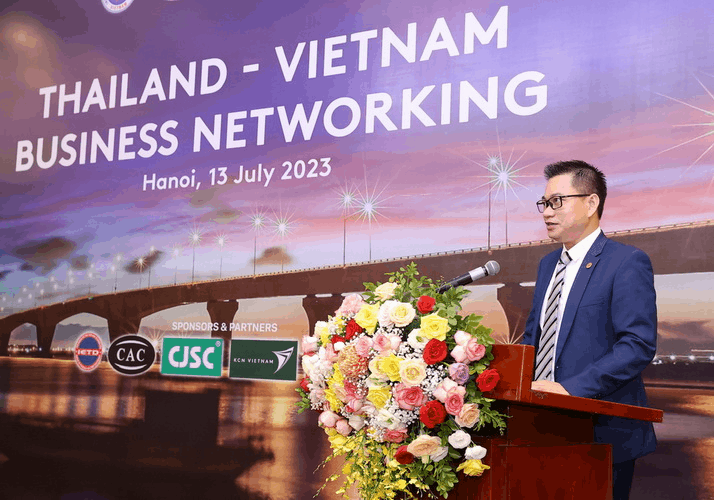South Korea's Hyosung TNC to invest $1 billion in Vietnam
On March 30, Hyosung TNC received investment approval for the Hyosung BDO project from Ba Ria-Vung Tau People's Committee as part of its efforts to build the largest bio-spandex factory in Vietnam.
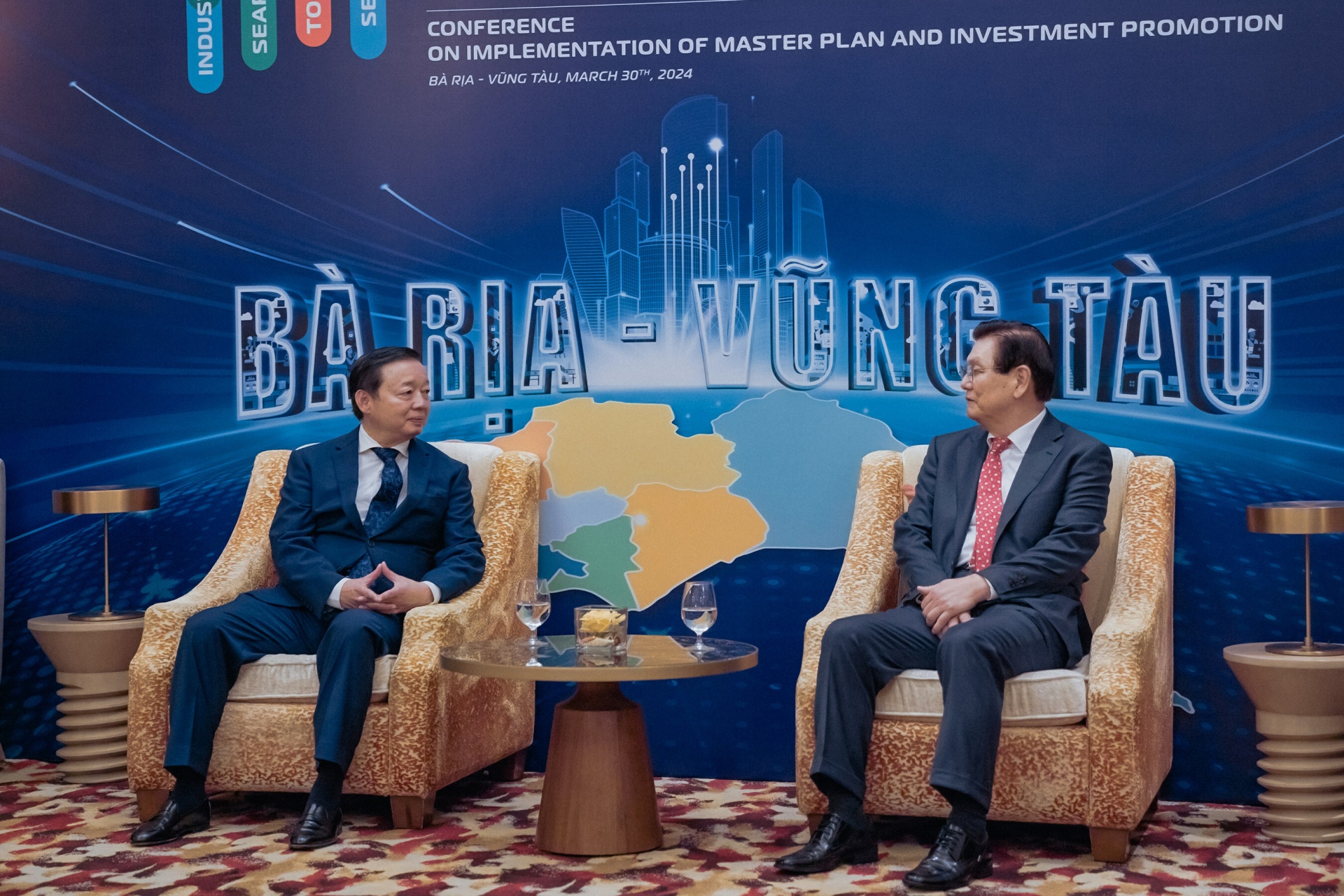
The issuance was made at the "Ba Ria-Vung Tau Province Vision Declaration and Investment Approval Ceremony" held in Phu My 2 Industrial Park in southern Vietnam last Saturday.
Hyosung TNC plans to proactively respond to the global materials market's reorganisation around sustainable products by investing $1 billion to establish multiple Bio-BDO production plants capable of producing 200,000 tonnes annually.
BDO (Butanediol) is a chemical used as a raw material for PTMG, which is used to make spandex fibre. In addition to spandex (PTMG) fibre, BDO applications have expanded to include engineering plastics, biodegradable packaging, footwear soles, industrial compounds, and many other industries.
Bio-BDO is manufactured by fermenting sugars derived from sugarcane, replacing traditional fossil raw materials such as coal by 100 per cent. It is expected to draw in significant attention in the sustainable materials market.
Hyosung TNC recently formed a technology partnership with Geno, a US sustainable materials and technology leader, whereby it has taken licences for GENO BDO technology.
Geno's proven technology enables Hyosung TNC to fast track their project and unlocks the production and selling of Bio-BDO with an annual capacity of 50,000 tonnes in the first half of 2026.
With this investment, Hyosung TNC has secured the largest bio-spandex factory in Vietnam. Notably, it is the first in the world to establish a vertically integrated production system for bio-spandex, from raw material to fibre.
Hyosung TNC will produce Bio-BDO at its factory in Ba Ria-Vung Tau, manufacture PTMG at a nearby factory in Dong Nai, in the south of Ho Chi Minh City, and then use this to mass-produce regen BIO spandex at the Dong Nai Spandex factory.
The integrated production system for bio-spandex is optimised for customers in the global sustainable textiles market, including brands and retailers in Asia, Europe and the US.
This system enhances production efficiency through a stable raw material supply and allows for swift responses to market needs by speeding up production system operations. Additionally, it ensures cost competitiveness through reduced transportation costs and alleviates environmental impact by saving the fuel used for transportation.
"The bio business, which transforms conventional fossil raw materials into eco-friendly ones, will become a core pillar of Hyosung for the next 100 years. We will enhance Hyosung's premium brand status by strengthening our global sustainable market penetration based on our consistent production system of Bio-BDO and Bio Spandex," said Hyun-Joon Cho, chairman of Hyosung.
Since the late 2000s, Cho has been closely monitoring the rapid reorganisation of the global textile market, especially in Europe and the Americas, towards sustainable products and has consistently directed Hyosung TNC to respond flexibly.
As environmental regulations, including carbon taxes, become stricter in global markets in such areas as Europe and the Americas, the textile and fashion market is evolving, and survival without certified sustainable products is becoming virtually impossible.
As the value consumption of sustainable products increases, especially among Millennials and GenZers, chemical companies' marketing efforts to promote a sustainable brand image are expanding significantly.
To achieve this, the company plans to lead the sustainable market by continuing to collaborate with major global customers and chemical brands to introduce functional, sustainable products utilising Bio-BDO.
As of this year, the global sustainable textile and fashion market is valued at approximately $23 billion, with an average annual growth rate exceeding 12.5 per cent.
It is expected to grow to about $75 billion by 2030, including upstream and downstream businesses. Hyosung TNC plans to increase the sales volume of sustainable spandex, which currently accounts for 4 per cent of its total spandex sales, to about 20 per cent by 2030, more than fivefold from now.
By Thanh Van
Source: VIR
Original link